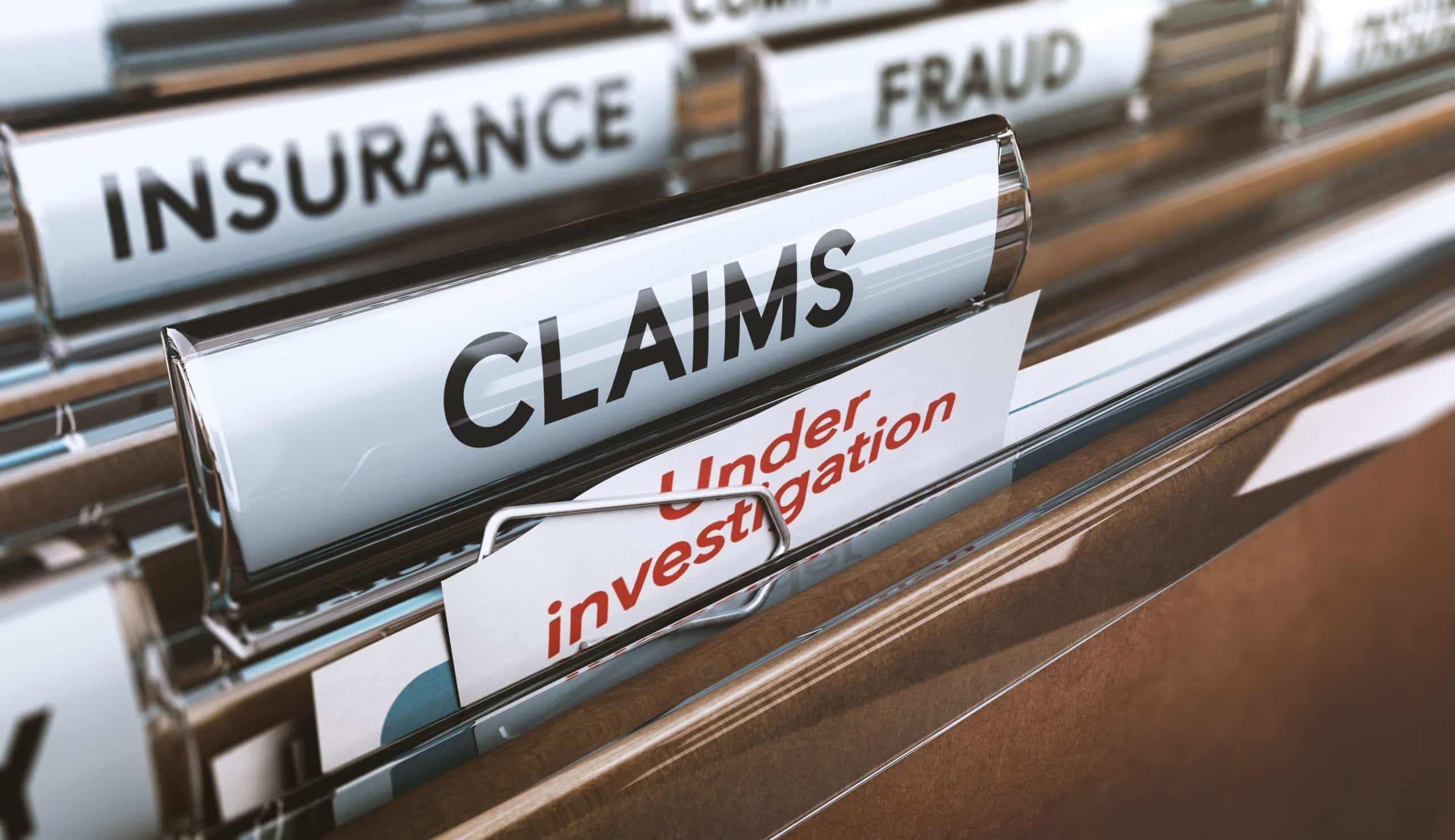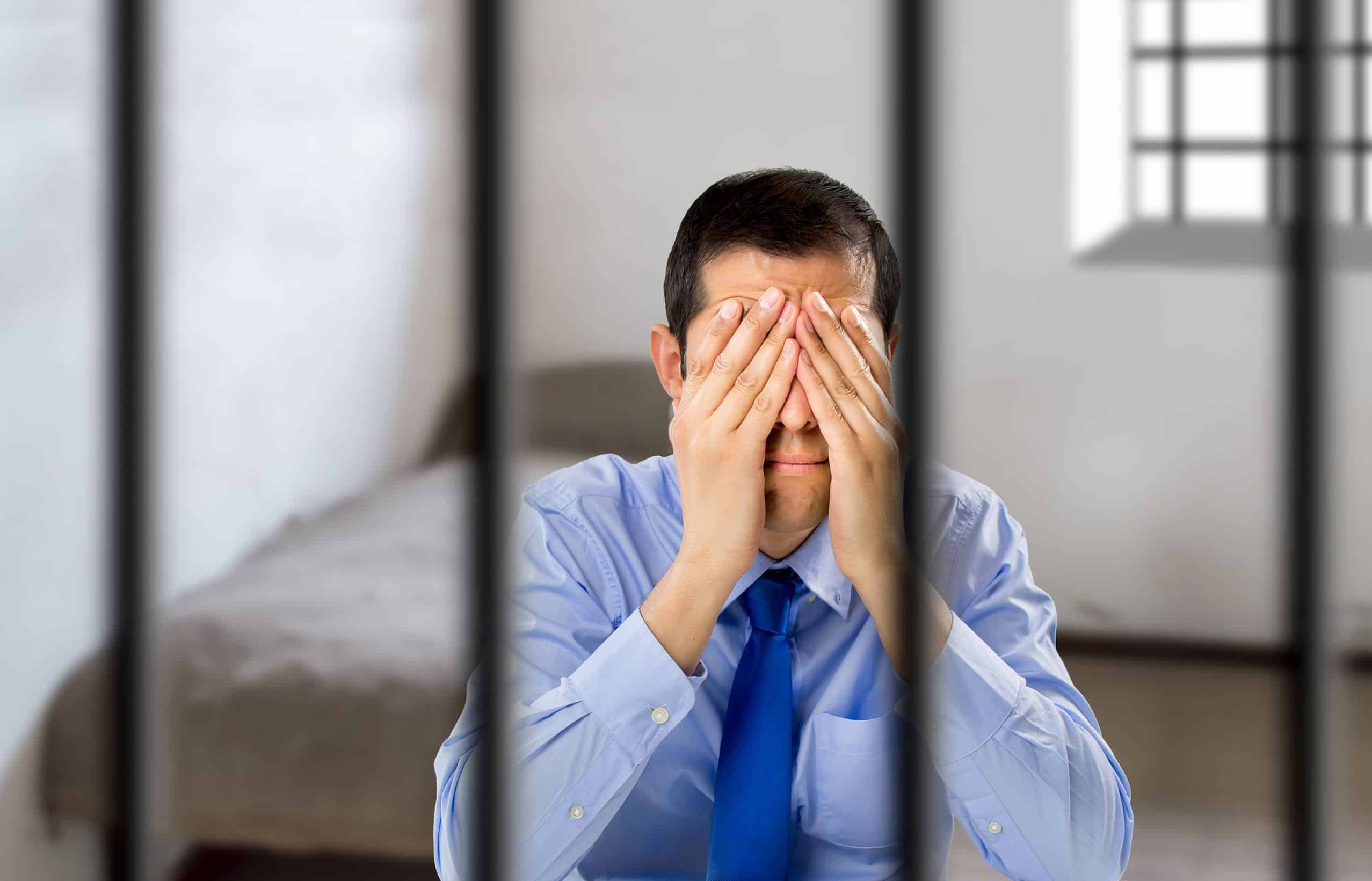- Home
- THE FIRM+
- Criminal Defense+
- CASE RESULTS
- AREAS WE SERVE+
- FAQ’s
- Blog
- Contact
AZHARI LLC BLOG

Posted By: Sami Azhari
Category:
Some people believe that insurance is easy money for medical professionals. They think that the insurance industry is easy to mislead; that those in the medical field can charge whatever they like for their services, and insurance will pay. This is just not true.
That doesn’t stop some medical professionals for trying to do just that, however. This is exactly what one Metro East dentist attempted recently.
He submitted hundreds of thousands of dollars of false claims to Illinois Medicaid. As a result, he has recently been convicted of three counts of healthcare fraud, with severe consequences for himself and his practice.
What Is Healthcare Fraud?
There are several crimes gathered under the title “healthcare fraud.” This term covers any crime that involves illegitimately making money through the healthcare system. It includes things like billing fraud, illegal referrals, and bribes.
In this case, the dentist committed billing fraud. This is the act of billing for services that did not occur or supplies that were not delivered. It can also include the falsification of dates on medical records to evade billing limits.
The Metro East dentist did all three. He exaggerated the number of fillings he performed, and he submitted bills for more advanced procedures than he actually performed. He also falsified dates to receive payment for sealants that would not otherwise have been covered.
Healthcare fraud is illegal because it causes multiple types of harm.
- It harms patients, as they may not have received the care they need.
- It hurts insurance companies, who pay money that was not truly owed.
- It harms other insured people indirectly, as they may need to pay higher premiums to access care because of the insurance company’s lack of funds.
Because of all the harm healthcare fraud causes, Illinois takes it seriously. The state enforces both its own healthcare fraud laws, as well as federal laws regarding healthcare fraud. These can lead to significant penalties.
Insurance Fraud in Illinois
At its lowest possible level, healthcare fraud is considered a type of insurance fraud. Any type of fraud that involves the purposeful misrepresentation of a situation to cause an insurance company to pay more is considered insurance fraud.
Insurance fraud, in particular, can quickly rack up significant legal penalties for anyone facing a conviction, though. Those penalties are based upon the monetary value of the fraudulent activity.
Criminal Penalties
- Any insurance fraud case where the defendant is convicted of receiving more than $300 fraudulently is a class 3 felony, carrying at least two to five years in prison.
- If the convicted received between $10,000 and $100,000, the crime is a class 2 felony, carrying three to seven years in prison.
- More than $100,000 is punishable by up to 15 years in prison. All three of these convictions also carry mandatory restitution of the stolen funds.
Illinois Medicaid Fraud
The next level of Illinois healthcare fraud is Medicaid fraud. Because Medicaid is a government program, it is protected more intensely than private insurance companies. In 2013, Illinois strengthened its protections of Medicaid even further, in fact.
Criminal Penalties
Now, any false statements knowingly made to Medicaid or other government healthcare programs is at least a class 4 felony, carrying fines up to $25,000 and one to three years in prison. It is not necessary to receive any defrauded funds to be convicted of this crime: the prosecutor just needs to prove the intent to defraud.
Civil Penalties
There are additional penalties for Medicaid fraud in Illinois, including civil money penalties of at least $10,000 and restitution of the defrauded funds. On top of that, the Illinois False Claims Act punishes any false claims to Medicaid with $5500 to $11,000 per claim. Even beyond the potential for years in prison, a conviction for healthcare fraud can be financially catastrophic.
Collateral Consequences of Healthcare Fraud Conviction in IL
Most providers who have been convicted of healthcare fraud not only face criminal charges, they also lose their license to practice medicine.
The Metro East dentist was sentenced to a year in prison, ordered to pay nearly $700,000 in restitution, and had his dentistry license revoked. His entire livelihood was destroyed in a single conviction.
Healthcare fraud is a pressing problem for insurers and patients alike. The judicial system takes allegations of healthcare fraud seriously because trust is the foundation of the entire system.
Keeping your records clean, clear, and accurate will help you avoid violating the law.
If you are accused of healthcare fraud, you should reach out to an experienced attorney immediately.
They will be able to help you understand your options. You have worked hard to maintain your reputation, and you deserve to keep it.
Defend Your Rights with Our Expert Healthcare Fraud Defense Attorneys
Healthcare fraud charges can be devastating, leading to severe legal penalties, restitution, and the loss of your professional license. At Azhari LLC, our experienced defense attorneys understand the complexities and gravity of these charges. We are dedicated to protecting your rights and helping you navigate the legal system. If you are accused of healthcare fraud, contact us today for a consultation and take the first step towards safeguarding your reputation and future.
About the Author
Sami Azhari has been working as a lawyer since 2007, after receiving his Juris Doctor from the Michigan State University College of Law. He has handled numerous state and federal cases and is known throughout the Chicago and Rolling Meadows area for providing his clients with high-quality, skilled representation. He has been recognized by Avvo (2013 and 2018), SuperLawyers (2015-2020), The National Trial Lawyers, and other notable organizations, and has spoken at a number of legal conferences.



























































